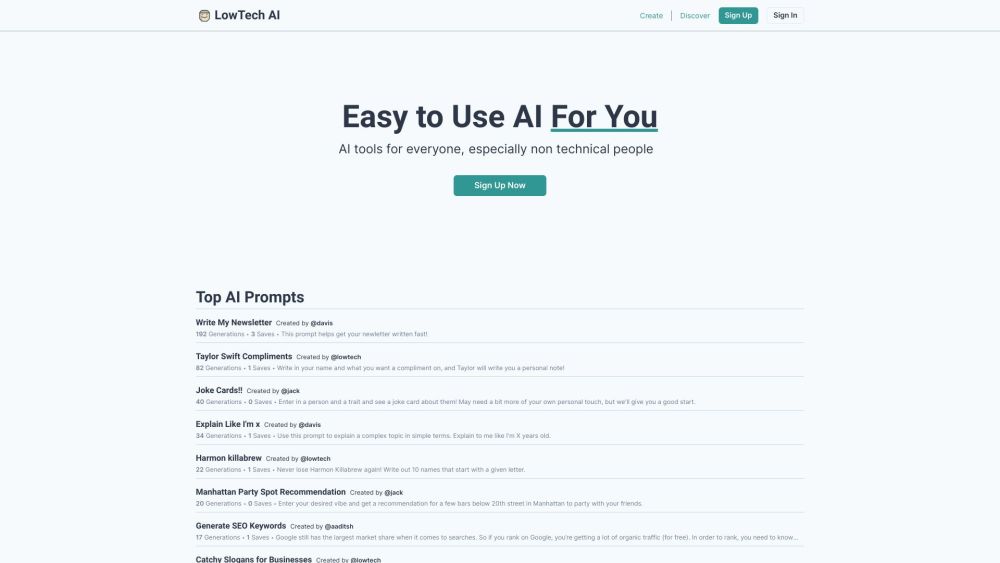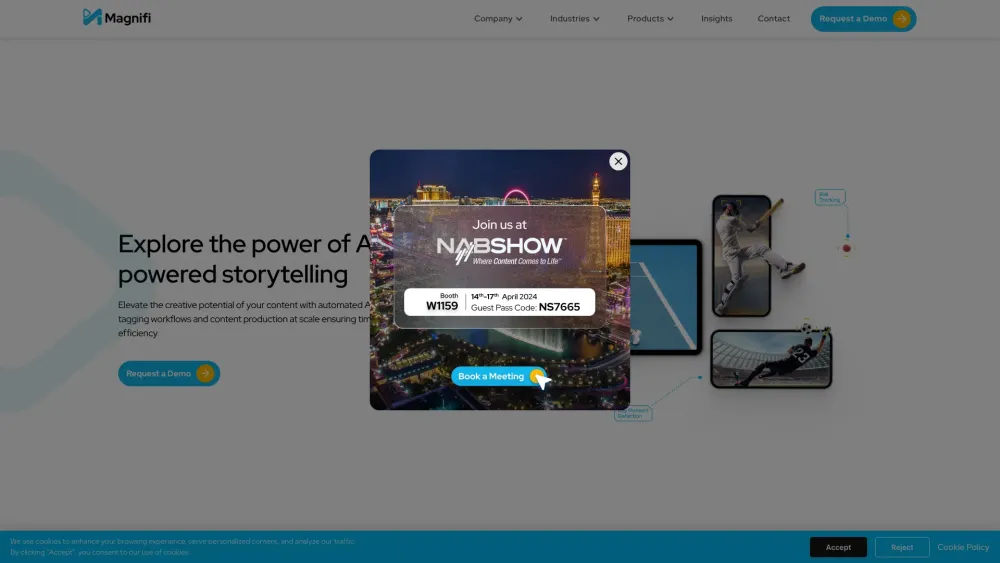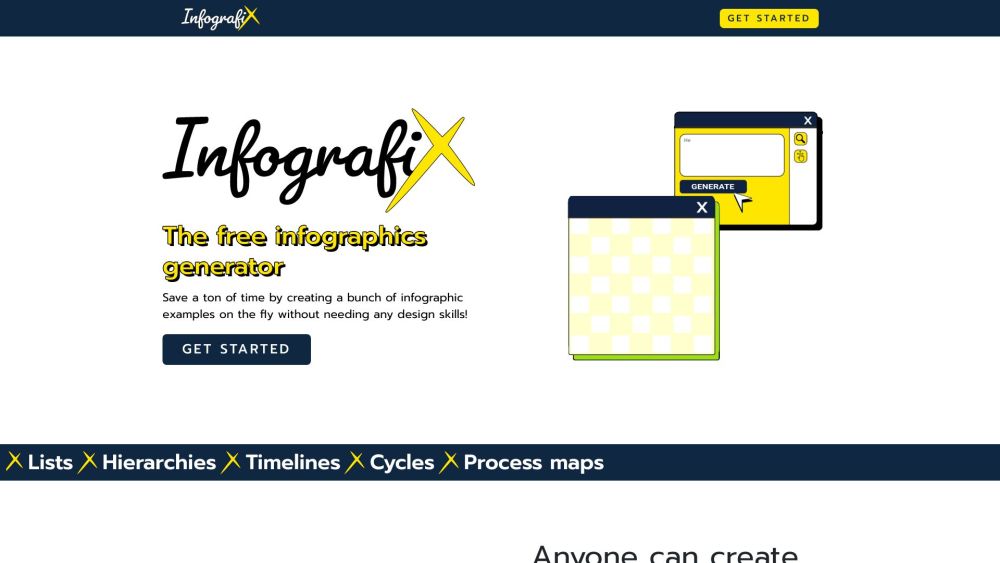Study Reveals Artificial Intelligence May Not Enhance Student Learning
Most people like

Discover an intuitive AI platform designed specifically for non-tech-savvy users, featuring powerful prompts tailored for professionals.

Discover the free tool remove.bg, designed to effortlessly eliminate image backgrounds with just a single click. This user-friendly solution streamlines the editing process, making it quick and easy to enhance your images.

In today's digital landscape, AI-powered video intelligence solutions are transforming the way businesses analyze and utilize video content. By leveraging advanced algorithms and machine learning, these solutions enhance video surveillance, streamline content creation, and improve audience engagement. Whether you're looking to boost security measures or extract valuable insights from your media, AI-driven video intelligence offers innovative tools that can elevate your strategies and drive impactful results. Explore how integrating these technologies can revolutionize your approach to video management and analysis.
Find AI tools in YBX



